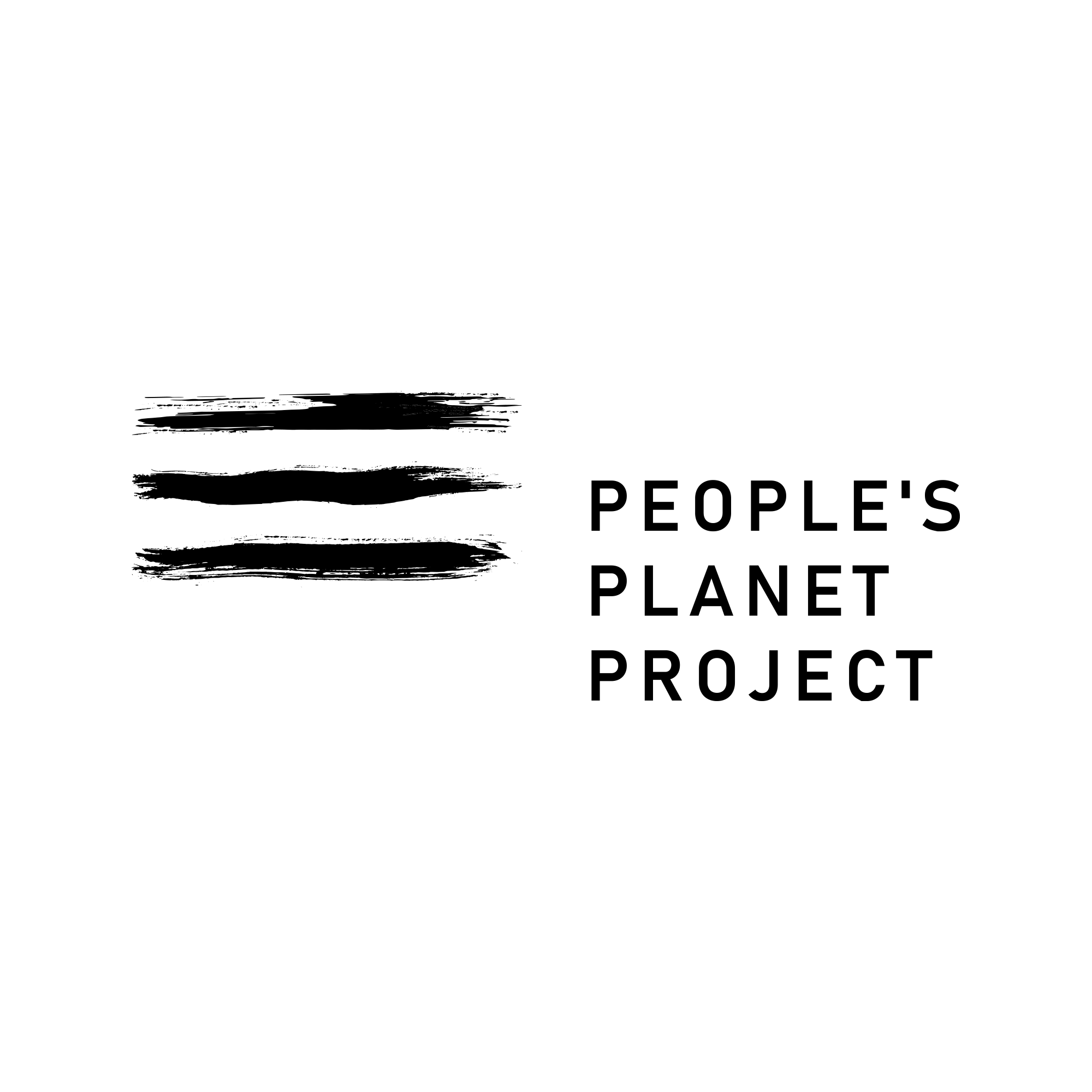
Theory of Change
37
Indigenous community
members trained in filmmaking
Indigenous community members trained in geospatial mapping
31
Act With Us
We believe in the power of collaboration to tackle the challenges
of our time.
3
Indigenous-led working groups focused around climate action and systemic justice
Hectares of ancestral forest monitored and preserved through the evidence-based storytelling method
3.36M
OUR GOALS.
Indigenous forests, land, language, traditions, and livelihoods are preserved through storytelling.
A new framework for international litigation is inspired that promotes a different way of providing evidence in court that protects Indigenous and environmental rights

Indigenous peoples are the creators of their own stories and are enabled to use video technology and spatial data to prove the violations of their rights
WHAT WE WISH TO SEE
LONG-TERM GOALS
THE IMPACT
WHAT WE DO

USE STORYTELLING TO PRESERVE AND SHARE INDIGENOUS LANDS, LANGUAGES, AND TRADITIONS FOR FUTURE GENERATIONS.
Indigenous peoples create their own stories using video and spatial data to expose rights violations.
Communities create systemic legal change through court victories using their own collected evidence.
Facilitate access to relevant expertise and networks to advance Indigenous Social, Cultural, and Economic Rights.
Underrepresented participants are empowered to explore storytelling and share evidence-based practices within Indigenous networks.
Indigenous communities connect with environmental lawyers to initiate court cases, where human, environmental, and Indigenous rights are recognized as interconnected, and Indigenous media is accepted as valid evidence.
Ensure youth empowerment by involving them in cultural preservation and storytelling, with community feedback integrated at all stages of content creation.
Inclusive storytelling groups are formed in each community, helping Indigenous communities build strong, self-led advocacy and cultural rights.
Storytelling tools and skills are tailored to community needs, supporting the creation of intersectional films and maps tied to legal rights, and shared by trained community advocates.
Build a trusted, long-term network of diverse advocates- including community leaders, geospatial analysts, filmmakers, and lawyers- rooted in Indigenous ownership and partnership.
Participants are empowered to explore diverse storytelling voices and gather evidence, while raising global awareness of Indigenous issues through Indigenous perspectives.
Indigenous communities strengthen legal knowledge by linking it with film, mapping, storytelling workshops, and connections to legal experts, enabling active participation in legal cases.

All projects are grounded in Free, Prior, and Informed Consent. Women participate in storytelling, with active community approval, and partnerships are built with deep respect for local traditions
Stories are shared across platforms but remain fully owned and controlled by the community and its partners, ensuring cultural integrity and self-determination.
People's Planet Project remains a long-term point of contact for communities throughout each challenge, sustaining engagement and support beyond project timelines.
Indigenous-led, sustainable advocacy networks are supported through adaptable, community-driven storytelling and holistic network facilitation at all levels.
Local ambassadors and networks co-lead initiatives like GeoStory Camps, fostering leadership, inclusion, and grassroots capacity.










